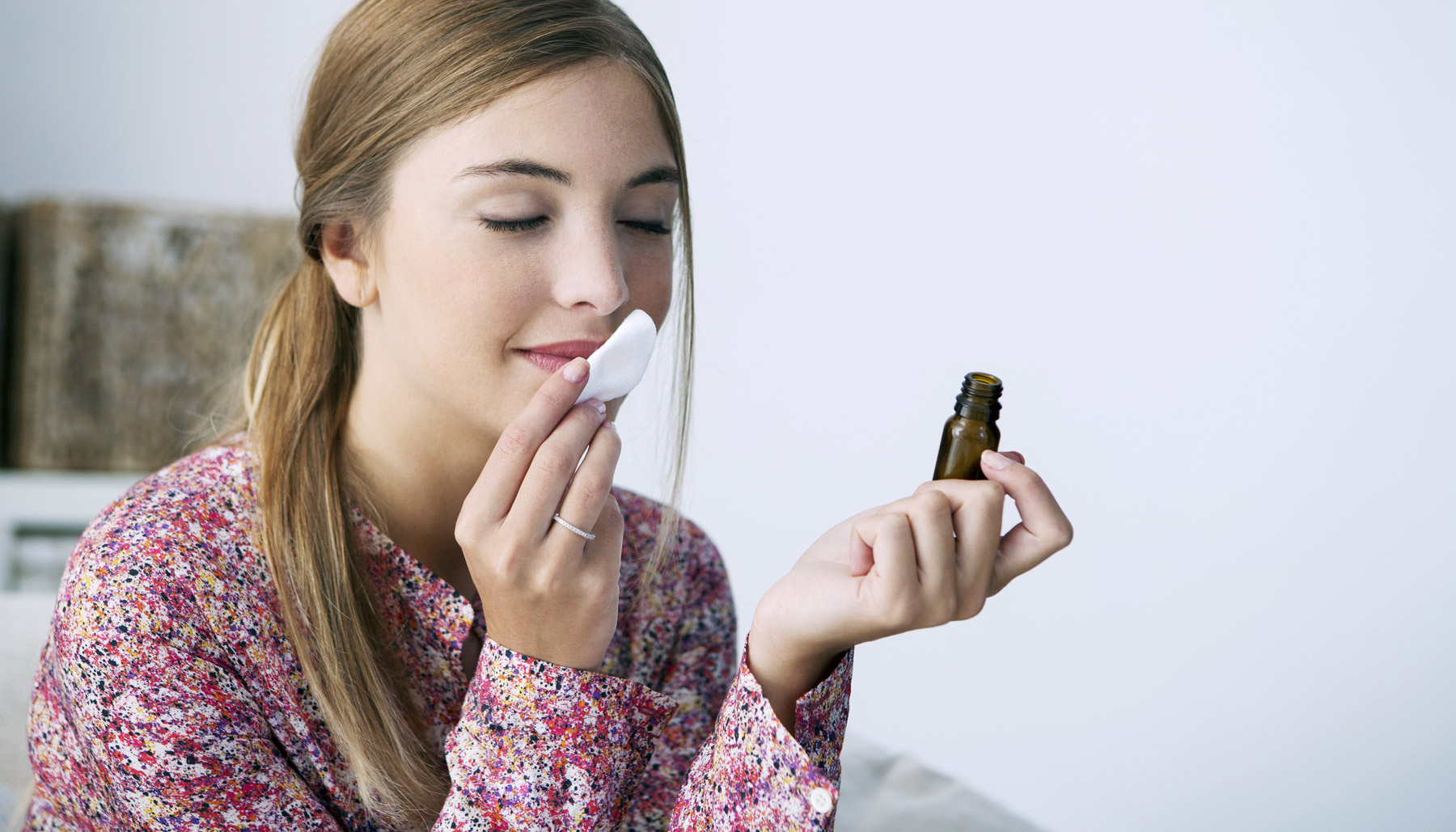The other day, I wrapped up work feeling down in the dumps. It was a busy day, sure, but there were a few other things getting to me – most notably that the things that I used to do to let off steam (go out to grab a drink, eat at a favorite restaurant, or go visit some friends) is seemingly off-limits these days.
Sure, it’s possible to find a patio to grab a beer on somewhat-safely, but the cold weather is making that a less-than-desirable option. Same with hanging out with friends on a deck or in a backyard. And, sorry to sound like an ingrate, but takeout just isn’t the same as going out to eat.
Winter used to be one of my favorite seasons (boots and scarves and hats, yes please!) but these days, it just kinda blows.
So yeah, life is weird right now, and I was throwing myself a little pity party because of it. So I decided to drown my sorrows in a long, hot bath. I grabbed a new book and a handful of essential oils and stepped in, and something almost magical happened. Within a couple of minutes, I felt lighter. I was cheerier, my creative cylinders and started firing, and suddenly I couldn’t remember what had gotten me into such a rotten mood in the first place.
And then it hit me. Duh, aromatherapy.
What is Aromatherapy?
I’ve studied this subject for a long time, ever since I found a used copy of Scott Cunningham’s Magical Aromatherapy at my favorite bookstore when I was in high school. Essential oils are sacred to me, and they’re all over my house. But sometimes, when you’re in the thick of a “life royally sucks” moment, you gloss over the simplest solutions to combat your woes.
If you’re new to the concept, aromatherapy isn’t just woo-woo nonsense. There’s actual science to back it up. Studies have shown that the limbic centers of our brains – the parts that hold emotions and deep-seated traumas – are most effectively reached through olfactory stimulation — in other words, by what we smell. And several oils have been used to clinically treat anxiety and depression.
So today, I thought we’d take a look at some of the most effective essential oils to chase away those winter blues. You can use them in an aromatic diffuser or in a bath, or if you want to get a little crafty with it, make a room spray or products like bath salts or body oils.
But first, a quick caveat. Not all oils are created equally. I’m not going to get into brands right now, but please, do your own research. Stay away from anything that’s labeled as a “fragrance oil” or that has warnings about not letting the oil touch your skin. Those are not essential oils and will do you more harm than good. Look for bottles that say they are 100% pure and therapeutic grade.
Lavender
Lavender is the most recognized essential oil, and most people’s starter oil. And for good reason. Lots of people call it the Swiss army knife of oils because it has so many uses. It’s actually great for skin care and can help with cuts, scrapes, and skin irritations – but that’s for another article.
In aromatherapy, Lavender is prized because of its calming properties. It can relax the mind and promote sleep, but it doesn’t make you drowsy, so it’s also a good option to diffuse while you’re working. Clinical trials have shown that it’s an effective treatment for anxiety and depression. It has a clean, fresh, floral fragrance that’s very crowd-pleasing.
Rose
Rose is nearly universally beloved for its fragrance, as well as its skin care benefits. But it also has mood boosting properties. One study in Complementary Therapies in Clinical Practice found that rose oil “significantly increased depression scores, specifically in women who had recently given birth.”
Unfortunately, rose oil is also cost-prohibitive (it takes, like, a bajillion rose petals to distill down into an ounce of oil). So if you’re not a Rockefeller, look for brands that carry pure rose oil in a carrier like jojoba oil. Rosewater is also an awesome option to add to baths and diffusers.
Bergamot
Bergamot oil is pressed from the rind of the bergamot orange, which is a main ingredient in Earl Grey tea, so it might smell a bit familiar if you’re a tea drinker. It has a lovely, fresh, floral-citrus scent that pairs well with lots of other oils.
Studies have shown that bergamot oil can help to relieve depression, anxiety, and other mood disorders by signaling the brain to release dopamine and serotonin.
Citrus
For me, if happiness had a smell, it would smell like grapefruit oil. As you can imagine, it has a bright and sharp scent that can perk you up like nothing else.
All citrus oils (including orange, lemon, lime, and tangerine among others) have shown to be beneficial in balancing moods and relieving anxiety in clinical trials.
Use caution if blending them into lotions or body oils, however, as citrus oils are photosensitive, meaning they can increase the effects of the sun on the skin.
Peppermint
We talked recently about why you should drink peppermint tea, but the herb is also beneficial in essential oil form. Its invigorating scent can boost your mood, your focus, and your energy levels.
It can also help to lower increased heart rates and alleviate headaches, two symptoms that often accompany stress.
So next time you find yourself in a funk, break out some essential oils. Place a few drops in the diffuser, in your bath water, or do what I do when I’m desperate — just huff them straight from the bottle. Your mood will soar, and your house will smell divine. What could be better?













